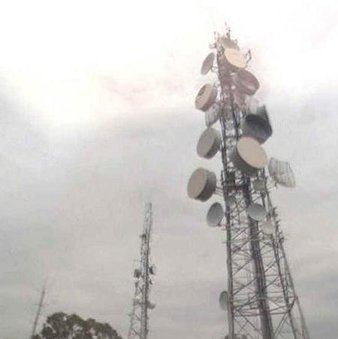I spent the five happiest years of my life in a morgue. As a forensic scientist in the Cleveland coroner’s office I analyzed gunshot residue on hands and clothing, hairs, fibers, paint, glass, DNA, blood and many other forms of trace evidence, as well as crime scenes. Now I'm a certified latent print examiner and CSI for a police department in Florida. I also write a series of forensic suspense novels, turning the day job into fiction. My books have been translated into six languages.
titles and job requirements aren't uniform, so the only way to know is to call the crime labs in your area or whereever you might be interested in working and ask them. At the coroner's office we had to have at least a bachelor's in a natural science (this was before they had forensic science majors). At the police department where I am now, they only require a high school diploma but you get more points in the interviewing process for having a four year degree, so we all have one. You can also go on the websites for professional organizations such as the American Academy of Forensic Sciences and check out their job vacancy postings and see what the various positions require. Good luck.
Sure! Email me at Lisa-black@live.com.
Yes.
That would depend entirely on what the mess up was and what it affected, and whether it was an honest mistake or the result of negligence or bias. For a serious mistake, yes, I'd probably be fired.
Call Center Employee (Retail)
 Do you think it's just a matter of time before all U.S. companies move their customer support overseas?
Do you think it's just a matter of time before all U.S. companies move their customer support overseas?
Auto Mechanic
 If I know nothing about cars, how can I tell if a mechanic is ripping me off?
If I know nothing about cars, how can I tell if a mechanic is ripping me off?
Radio program/music director
 Just how good of a radio host do you think Howard Stern is?
Just how good of a radio host do you think Howard Stern is?
It helps. But I know good homicide detectives who do it for years and still have a weak stomach and they do fine.
I am an expert in some areas of forensic science. I am not an expert in law, public safety policy or our political system.
I actually don't know. I haven't done DNA analysis in 20 years so I don't know all the details of what analysis can show. Sorry I can't be more help!
-OR-
 Login with Facebook
Login with Facebook (max 20 characters - letters, numbers, and underscores only. Note that your username is private, and you have the option to choose an alias when asking questions or hosting a Q&A.)
(A valid e-mail address is required. Your e-mail will not be shared with anyone.)
(min 5 characters)
By checking this box, you acknowledge that you have read and agree to Jobstr.com’s Terms and Privacy Policy.
-OR-
 Register with Facebook
Register with Facebook(Don't worry: you'll be able to choose an alias when asking questions or hosting a Q&A.)